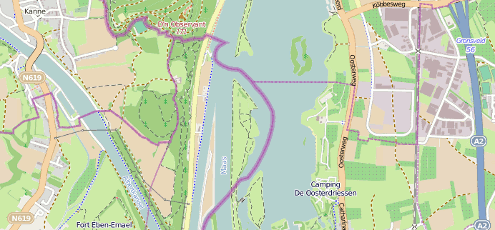Rotterdam architectural firm Kraaijvanger has built the new city hall in Venlo, which claims to have the greenest façade in the world measuring two thousand square metres.
A greenhouse above the building purifies the air and can deliver heat to the entire building. The green façade purifies air from the nearby road and railway. According to Kraaijvanger, tests in labs of the Eindhoven University of Technology have proven that the façade filters 30% of nitrogen and carbon dioxide from the air.
As well, the building has applied many sustainable techniques such as using the parking garage to either warm up the air or cool it down, depending on the weather. It also catches and filters rainwater before flowing back into the Maas river and makes optimal use of daylight.
Venlo’s new city hall is entirely energy neutral and has been built following the cradle-to-cradle design concept.
(Link: www.binnenlandsbestuur.nl, Photo: Kraaijvanger)

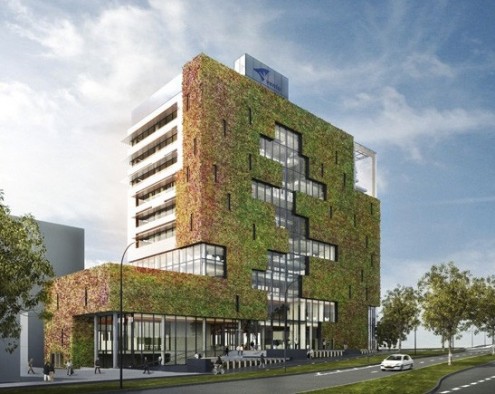
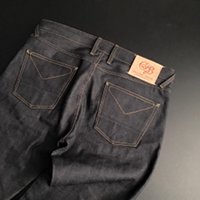
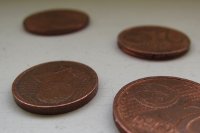
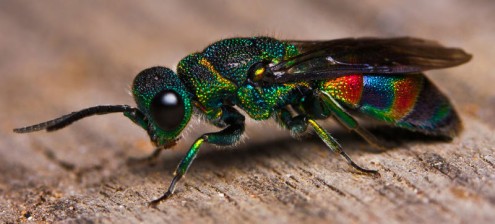
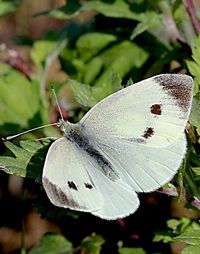
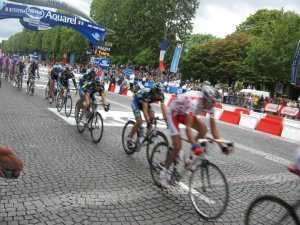
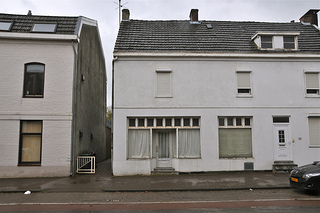
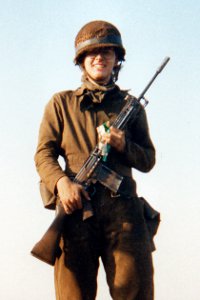
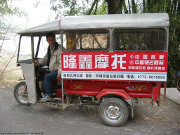 In the town of Vijlen in the southeasternmost part of the Netherlands, the local bank has shut down all the ATM machines. That is why resourceful villagers have started taking a local tuk-tuk service to Mechelen, 3 miles down the road, to get their cash,
In the town of Vijlen in the southeasternmost part of the Netherlands, the local bank has shut down all the ATM machines. That is why resourceful villagers have started taking a local tuk-tuk service to Mechelen, 3 miles down the road, to get their cash, 